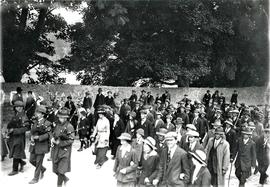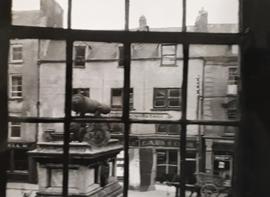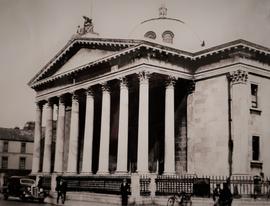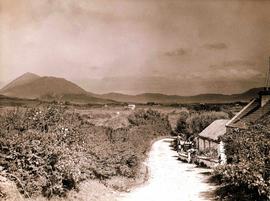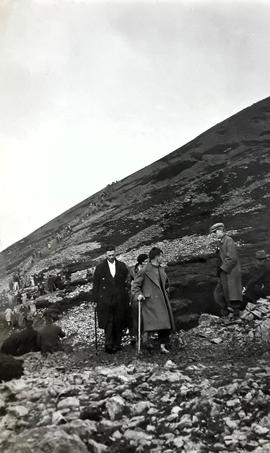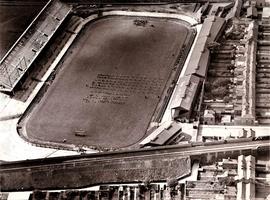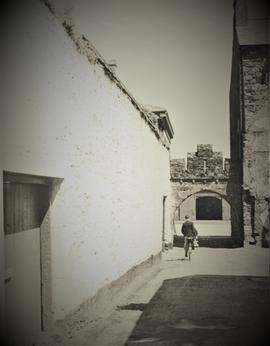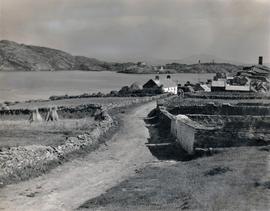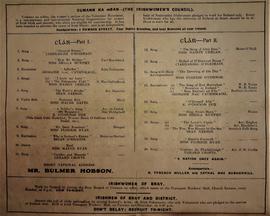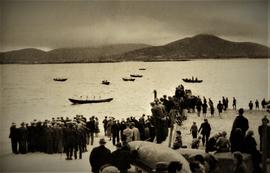A programme for a concert organised by Cumann na mBan in Bray, County Wicklow. The date is not given but an accompanying note elsewhere in the volume suggests that the event was held just a few weeks before the 1916 Rising. Many of the performers in the concert were participants in the Rising. Douglas ffrench-Mullen (1892-1943) was a younger brother of Madeleine ffrench-Mullen, the well-known republican, feminist, and labour activist. He served in the South Dublin Union under Éamonn Ceannt during the Rising. He was wounded during the fighting and was detained initially in Richmond Barracks and later at Frongoch Camp in Wales. Ffrench-Mullen was released in September 1916. His fellow accompanist at the Bray concert was the Carlow-born Cathal Mac Dubhghaill (d. 1926). A talented musician and composer, he arranged the music for Peadar Kearney ‘A Soldier’s Song’ in its published form. He participated in the Rising and was afterwards interned at Frongoch Camp, where he illustrated several well-known sketchbooks. Gerard Crofts (1888-1934) was a poet and operatic singer. During the Rising, he served with Commandant William James Brennan-Whitmore in the General Post Office and in the final retreat to Moore Street. He was court-martialled and sentenced to ten years imprisonment but was released under the terms of a general amnesty in June 1917. Seosamh MacCathmhaoil (Joseph Campbell) was born in Belfast in 1879 and emerged as an influential poet and Irish music lyricist. He supported the Rising and was active as a non-combatant during Easter Week, performing rescue and first-aid work. In 1917, he published a translation from Irish of the short stories of Patrick Pearse. He died in County Wicklow in June 1944. (Volume page 190).

